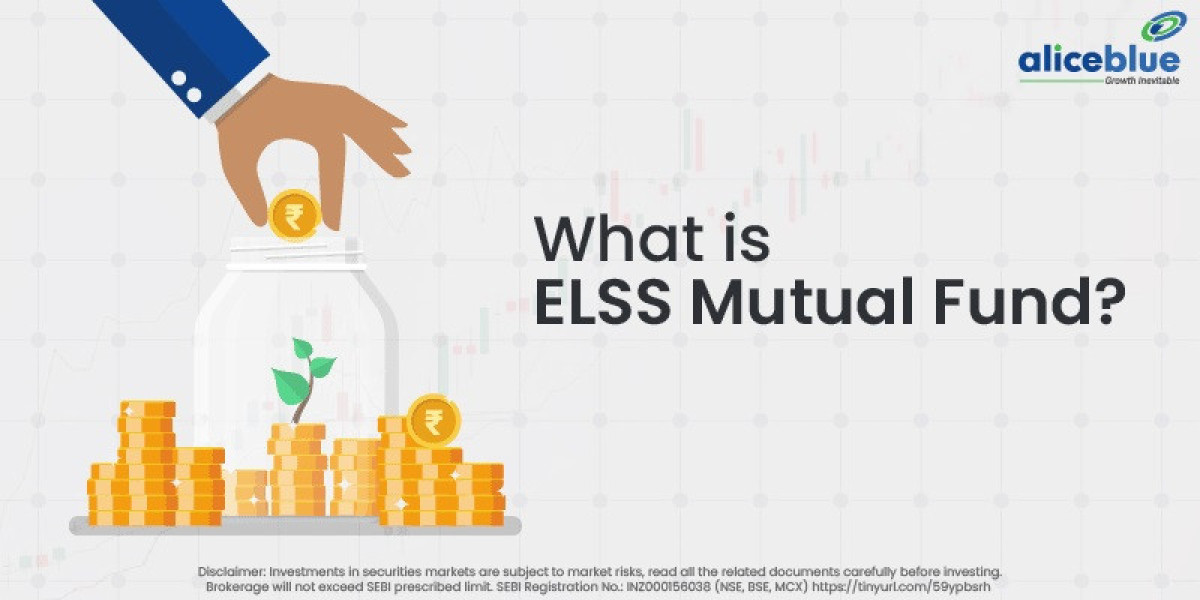ELSS, which stands for Equity Linked Saving Scheme, is a type of mutual fund investment that offers tax benefits to investors. It combines the potential for long-term capital growth with tax savings, making it an attractive investment option for individuals looking to save taxes while participating in the equity markets. In this article, we will explore the basics of ELSS mutual funds, including their features, benefits, and key considerations for investors.
1. What are ELSS Mutual Funds?
ELSS mutual funds are equity-oriented mutual funds that come with a lock-in period of three years. These funds primarily invest in equity and equity-related instruments, providing investors with exposure to the stock market. ELSS funds are known for their potential to generate higher returns compared to other tax-saving investment options.
2. Tax Benefits of ELSS Mutual Funds
One of the significant advantages of investing in ELSS funds is the tax benefits they offer. Here are the key tax advantages:
Tax Deduction: Investments in ELSS funds are eligible for deduction under Section 80C of the Income Tax Act, up to a maximum limit of Rs. 1.5 lakh. This deduction can help reduce your taxable income, resulting in potential tax savings.
Long-Term Capital Gains Tax: Gains from ELSS funds held for more than one year qualify for long-term capital gains tax rates. Currently, long-term capital gains on equity investments are tax-free up to Rs. 1 lakh per financial year. Any gains above this threshold are taxed at a flat rate of 10%.
3. Features and Considerations
Lock-in Period: ELSS funds have a lock-in period of three years, which means investors cannot redeem their investments before the completion of this period. This lock-in period promotes long-term investment horizons and aligns with the objective of wealth creation.
Potential for Capital Appreciation: ELSS funds primarily invest in equity, which has the potential to deliver higher returns over the long term. However, it's important to note that equity investments are subject to market risks, and past performance is not indicative of future results.
SIP Option: ELSS funds offer the flexibility of investing through Systematic Investment Plans (SIPs). SIPs allow investors to invest a fixed amount at regular intervals, enabling them to benefit from rupee-cost averaging and mitigate the impact of market volatility.
4. Comparison with Other Tax-Saving Investments
When considering tax-saving investments, it's essential to compare ELSS funds with other available options. Some key points of comparison include:
Returns Potential: ELSS funds have the potential to generate higher returns compared to traditional tax-saving investments such as fixed deposits or Public Provident Fund (PPF).
Lock-in Period: ELSS funds have a relatively shorter lock-in period of three years compared to other tax-saving options like National Savings Certificates (NSC) or tax-saving fixed deposits.
Equity Exposure: ELSS funds provide exposure to equities, which can be advantageous for investors seeking long-term capital growth. However, it's important to consider your risk tolerance and investment goals before investing in equities.
Conclusion
ELSS mutual funds offer investors a compelling combination of tax benefits and equity market participation. Understanding the basics of ELSS funds, including their features, tax advantages, and comparison with other tax-saving investments, is crucial for making informed investment decisions. However, it's important to consult with a financial advisor or tax professional to assess your individual circumstances and determine the suitability of ELSS funds within your overall investment strategy. By leveraging the potential of ELSS mutual funds, you can not only save taxes but also aim for long-term wealth creation and financial goals.








